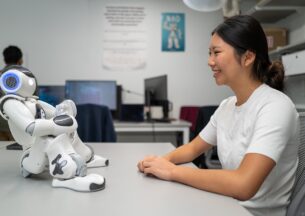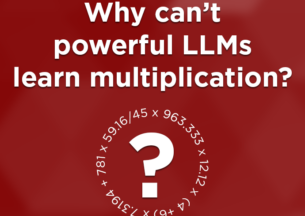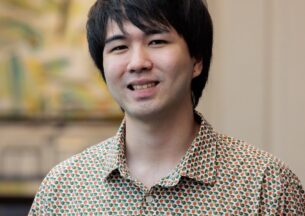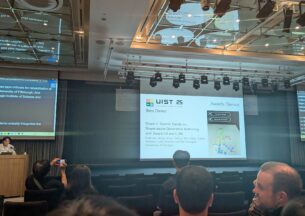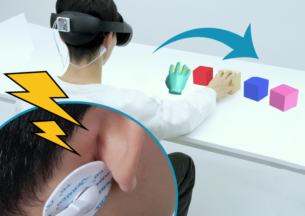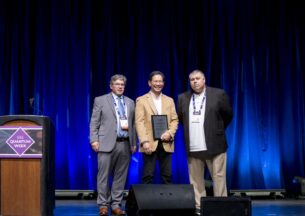Data Movement Without Borders: Ian Foster and the Globus Team Honored with SC25’s Test of Time Award

High-performance computing has fueled breakthroughs everywhere from the mysteries of deep space to the complexities of the human genome. Yet, the challenge of moving massive datasets quickly, securely, and reliably across different institutions has long persisted. This November, during the SC25 conference in St. Louis, Ian Foster, Arthur Holly Compton Distinguished Service Professor of Computer Science at the University of Chicago, will be recognized along with his team for an achievement that has reshaped this landscape. The group will receive the SC25 Test of Time Award, honoring a solution that solved a problem central to scientific progress.
Foster is joined by William Allcock, John Bresnahan, Rajkumar Kettimuthu, Michael Link, Catalin Dumitrescu, and Ioan Raicu. Together, they authored the influential 2005 paper “The Globus Striped GridFTP Framework and Server.” The collaboration between UChicago, Argonne National Laboratory, Fermilab, and IIT introduced a new technique for secure, high-speed transfer of massive datasets over distributed systems. By allowing files to be divided into smaller pieces and sent in parallel across multiple servers, GridFTP transformed data movement, enabling researchers to transfer large amounts of information efficiently and securely.
The significance of the Test of Time Award lies in its recognition of lasting contributions. As the award committee noted, technologies honored in this way profoundly shape computational science and become essential tools for researchers worldwide.
GridFTP quickly became the de facto standard platform for scientific data movement. It supported projects ranging from sky survey images for astronomers to data analysis from particle accelerators and the worldwide transfer of genomic datasets. As research demands grew, GridFTP scaled to support more than 50,000 organizations in over 80 countries and evolved into the Globus service now operated by the University of Chicago.
The core principles established by GridFTP—security, scalability, and modularity—continue to influence distributed computing and cloud-based data management. Today, the Globus platform helps researchers in physics, genomics, social sciences, and beyond to move, share, and manage vast amounts of data, enhancing collaboration and streamlining scientific workflows.
Reflecting on the project’s legacy, Foster notes, “The field has advanced dramatically in the past two decades, and this research has been a linchpin of our collective success, guiding us toward more efficient and powerful supercomputing solutions.”
The Department of Computer Science congratulates Ian Foster and his collaborators on this recognition, celebrating an innovation that continues to support scientific progress and collaboration across disciplines.





